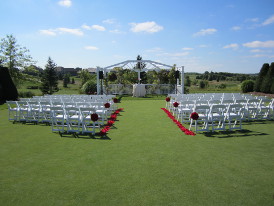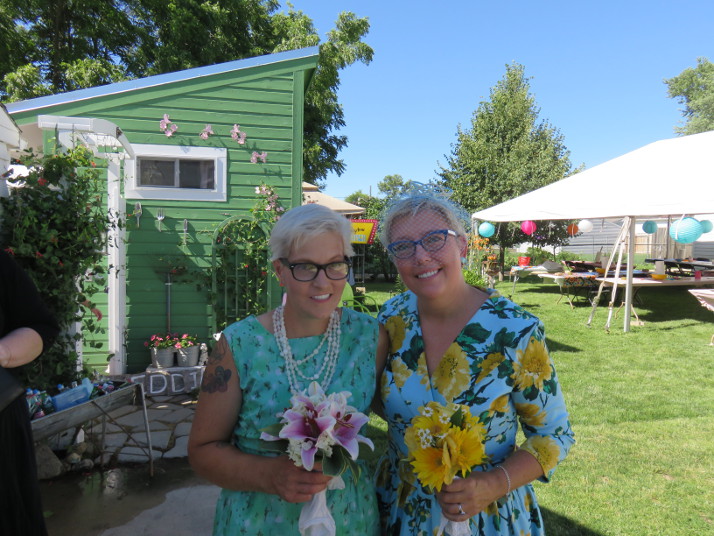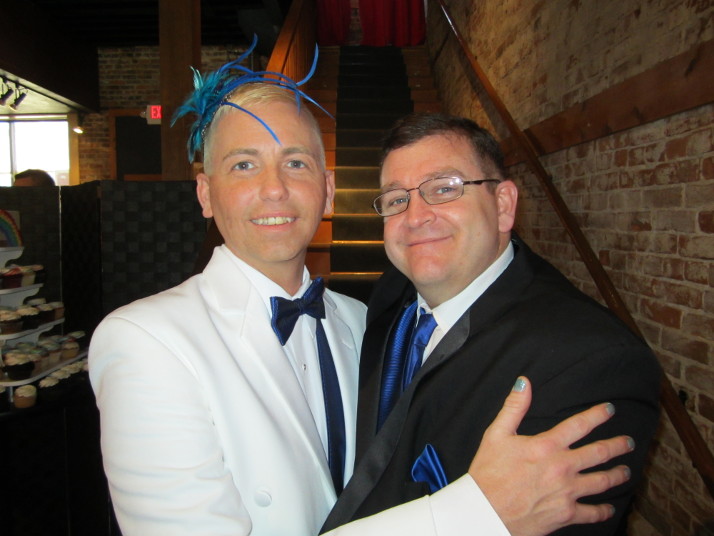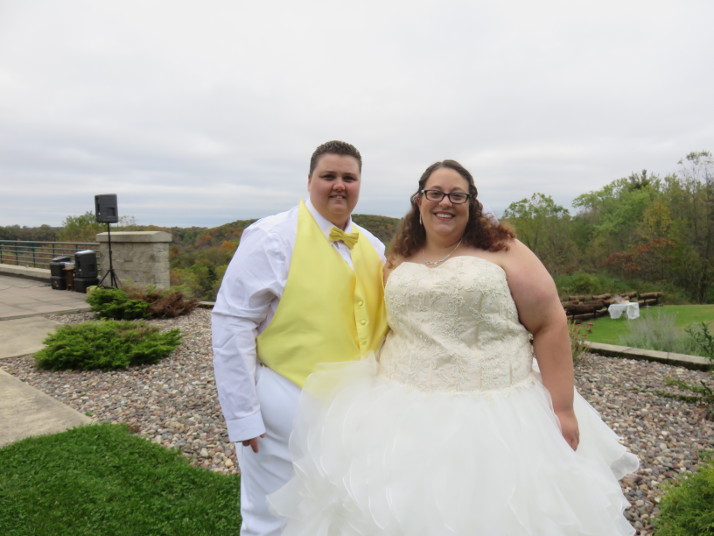Being True to Yourselves
Being true to yourselves guarantees that you will have a successful wedding day. It’s important to respect your personalities, style, finances, and priorities when planning your wedding. Doing so creates an experience that you are comfortable with on many levels and can remember fondly. My daughter-in-law coined the phrase that she and my son “win at weddings” to capture this idea. And you can feel that way, too.
The centerpiece of any wedding day is the ceremony – it is, after all the marrying part that is the reason for the entire experience. Your ceremony can be as simple or elaborate as you want. Options range from meeting the minimal requirements of your state’s marriage laws to constructing a ceremony full of personal and meaningful moments. Being true to yourselves when deciding what kind of ceremony you will have means that you can relax and enjoy the experience.
If you want to be married quickly with little fanfare and expense, a certificate signing might be the right answer for you. Meeting with a celebrant and your witnesses (required in Minnesota), you can be married and the paperwork signed in under five minutes. This kind of ceremony can happen at your home or nearly any public location – park, coffee shop, etc. If timing is critical, finances are tight, or you simply don’t like being the center of attention, this can be a good choice for you. And remember, if you decide you want a larger celebration at a later date, a vow renewal ceremony with family and friends can always be arranged.
Being true to yourselves could also mean planning a very small, intimate gathering that includes a simple ceremony. This allows for an exchange of vows and (optionally) rings, and provides a brief “ceremony experience”. Again, this can happen in your home or a small private room at a restaurant, or even in a park. If your priorities are to marry your partner and celebrate with an intimate circle of family and friends, this might be your perfect wedding.
Perhaps you’ve always dreamed of a big wedding surrounded by many loved ones and friends, and want a personalized ceremony that reflects you as a couple and launches you into married life. Being true to yourself then means investing time, effort, and of course money to plan and execute a day that fulfills that vision.
All these options are available to you. Picking the one that fits you and your circumstances best allows you to truly be “in the moment” on your wedding day. Being true to yourselves will always feel most comfortable and right. Then you can focus on your partner, the love you share, and the life you will build together. Best wishes for a long and happy marriage.





